Colombia Travel Guide
Discover Why You Should Visit Colombia
Why Visit Colombia?
Colombia offers a rich tapestry of experiences — from Caribbean beaches and Andean peaks to vibrant cities and lush coffee plantations. With its warm culture, colorful festivals, and biodiversity, Colombia is one of South America’s most exciting and welcoming destinations.
Ideal for: Culture seekers, beach lovers, history buffs, nature enthusiasts, and coffee aficionados.
Must-Know Facts
Capital/Major City: Bogotá, Medellín, Cartagena, Cali
Language(s): Spanish
Currency: Colombian Peso (COP)
Best Time to Visit: December to March and July to August for dry weather
Fun Fact: Colombia is the second most biodiverse country in the world after Brazil
Top Things to Do
Stroll the colonial streets of Cartagena’s walled city
Visit the Gold Museum and Monserrate in Bogotá
Explore the coffee region and stay on a traditional finca
Relax on the beaches of Tayrona National Park and San Andrés
Experience Medellín’s transformation and vibrant art scene
Local Culture & Lifestyle
Colombian culture blends Indigenous, Spanish, and African influences. People are known for their hospitality, pride in regional identity, and passion for music and dance. Family and festivals play central roles in daily life.
Urban life buzzes in cities like Bogotá and Medellín, while rural areas retain deep-rooted traditions and warm community spirit.
Food & Drink Highlights
Street Food: Arepas, empanadas, buñuelos, salpicón
Restaurants: Ajiaco (chicken soup), bandeja paisa, sancocho, lechona
Drinks: Coffee, aguardiente, lulada, fresh fruit juices
Desserts: Tres leches cake, obleas, cocadas
Main Dish & Culinary Symbols
Signature Dish: Bandeja Paisa — a hearty platter of rice, beans, plantain, meat, egg, and avocado
Common Ingredients: Corn, beans, plantains, cassava, tropical fruits
Culinary Culture: Strong regional differences with Caribbean, Andean, Pacific, and Amazonian styles
Symbols & Icons of the Area
Natural Icons: Andes Mountains, Amazon Rainforest, Magdalena River
Cultural Icons: Sombrero vueltiao, cumbia music, Gabriel García Márquez
Hidden Gems & Off-the-Beaten-Path
Guatapé — colorful town and El Peñol rock climb
Caño Cristales — the rainbow river in Meta
Barichara — preserved colonial village known for its stone streets
La Guajira Desert — unique landscapes and indigenous Wayuu culture
Shopping & Souvenirs
What to Buy: Handwoven bags (mochilas), emeralds, artisanal coffee, handicrafts
Where to Shop: Local markets, coffee farms, artisan collectives
Getting Around
Public Transport: Buses, colectivos, and TransMilenio in Bogotá
Driving: Best for rural or off-the-path travel; roads can be winding
Flying: Efficient and affordable for long distances between cities
Travel Tips
Learn some Spanish for easier communication
Use local apps like DiDi or Beat for taxis in major cities
Altitude in Bogotá and other areas may require adjustment time
Try local fruits you won’t find anywhere else
Where to Stay
Budget: Hostels in cities and beach areas, especially for backpackers
Mid-range: Boutique hotels in historical centers and coffee regions
Luxury: Upscale resorts in Cartagena, Medellín, and on the Caribbean coast
Unique: Eco-lodges, coffee haciendas, jungle cabins
Sample 4-Day Itinerary
Day 1: Arrive in Bogotá, visit Monserrate and La Candelaria district
Day 2: Fly to Medellín, explore Comuna 13 and Plaza Botero
Day 3: Day trip to Guatapé and climb El Peñol
Day 4: Travel to Cartagena for beach time and historic city walk

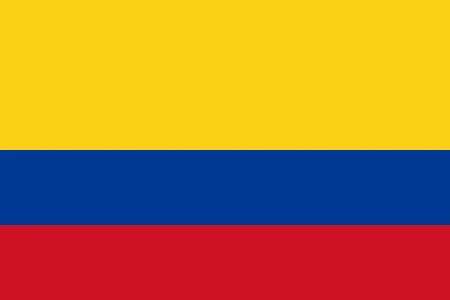
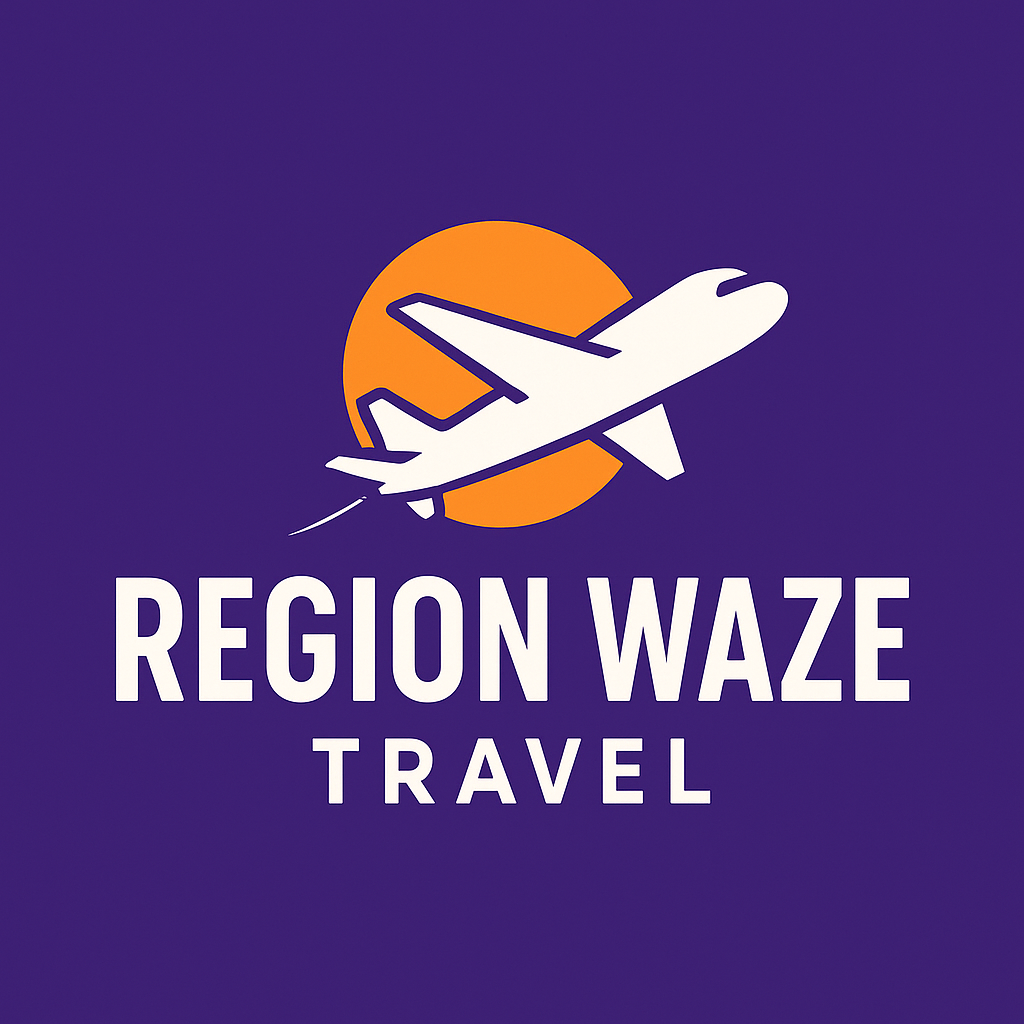
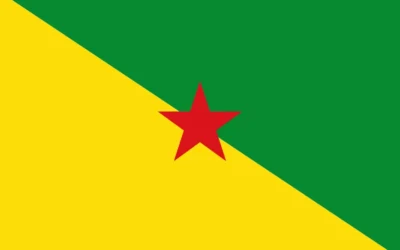
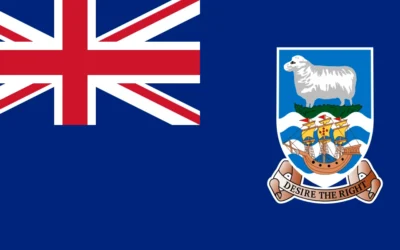
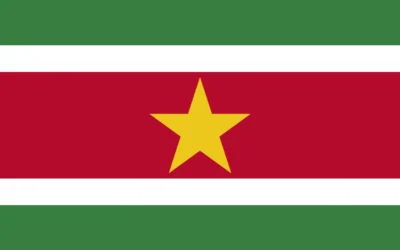
0 Comments